Do you have a special spot at home that collects unused and unwanted tech stuff simply due to the fact that you’re unsure of how to get rid of it? Electronic waste (or e-waste) often carries heavy metals like mercury, lead, lithium, and other hazardous materials that can contaminate our ecosystem and pollute the air if thrown into landfills and/or not disposed of properly. Electronic waste that should be recycled includes anything from electric toothbrushes to TVs– anything with a some sort of electronic part. Some states/cities in the U.S. have regulations in place to control how tech devices are disposed.
In New York, it is illegal to throw away devices that contain environmentally toxic materials. These devices include TVs, monitors, computers, laptops, mice, keyboards, small servers, printers/scanners, tablets/e-readers, MP3 players, VCRs/DVDs/DVR players, fax machines, video game consoles, and cable/satellite boxes.
California prohibits throwing single-use alkaline batteries in the trash. Other states allow it because single-use batteries are no longer made with mercury which is the hazardous substance. Even if you don’t live in California, it is still a good idea to go ahead and recycle batteries because they still contain materials that can be recycled like steel and zinc.
In Iowa, there are regulations for businesses regarding recycling e-waste. According to the Iowa Department of Natural Resources, businesses in Iowa must comply with the Resource Conservation and Recovery Act (RCRA). Under RCRA, anything higher than 5 mg/L of lead is deemed hazardous waste and must be recycled properly and documented. Keep in mind, the average color monitor contains 18.5 mg/L of lead. So you can probably imagine that “anything higher than 5mg/L” will include most tech devices.
You can find places to recycle your tech by visiting Earth911 and searching for locations based on your zip code.
Sources: https://mashable.com/feature/how-to-recycle-ewaste; https://www.iowadnr.gov/Portals/idnr/uploads/waste/ewastefactsheet.pdf
